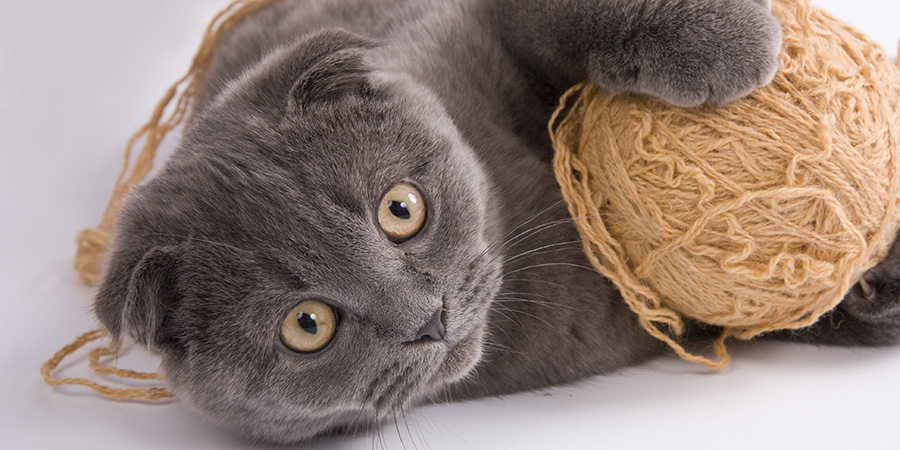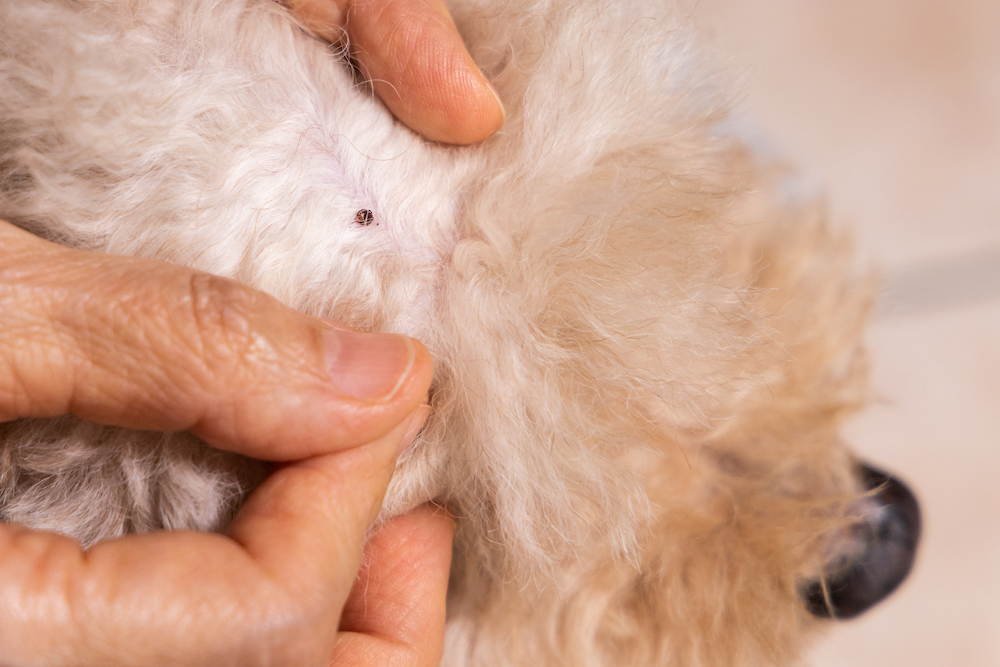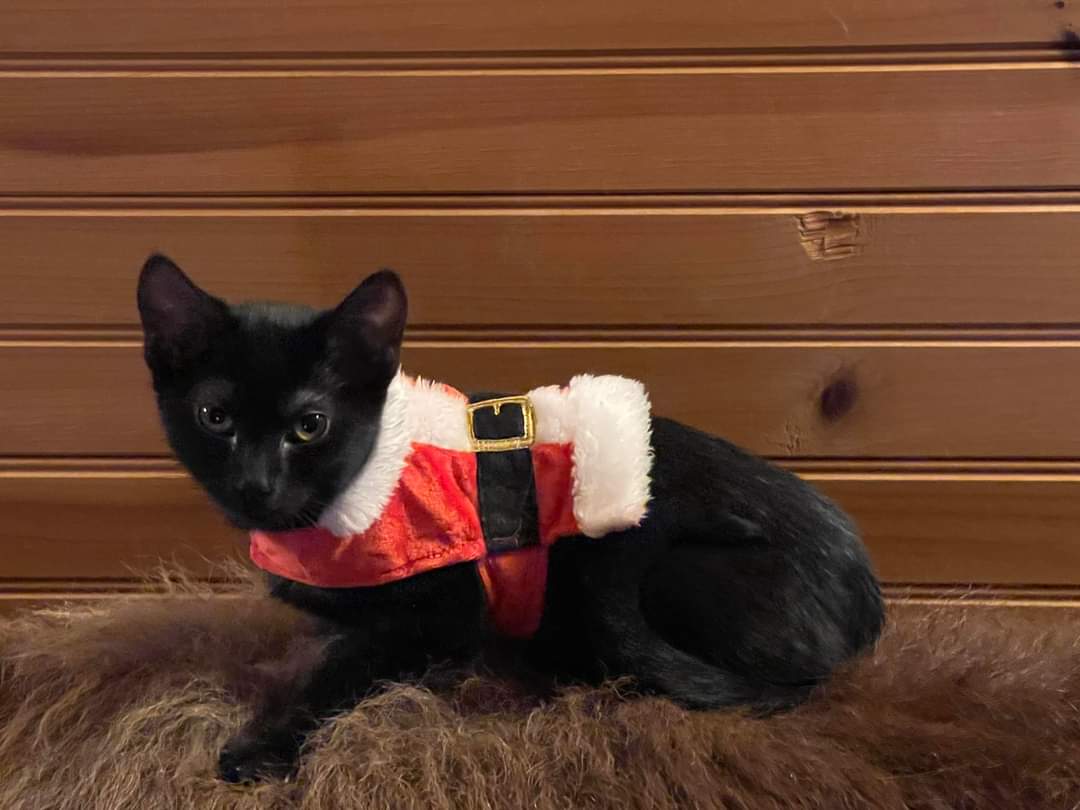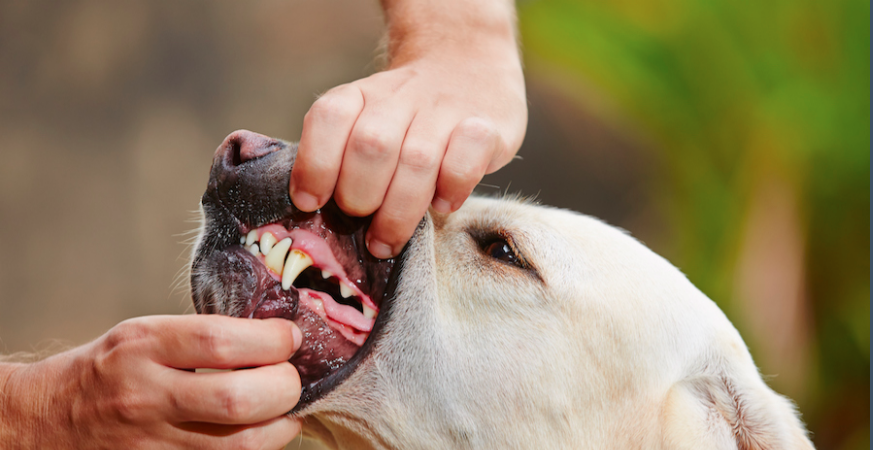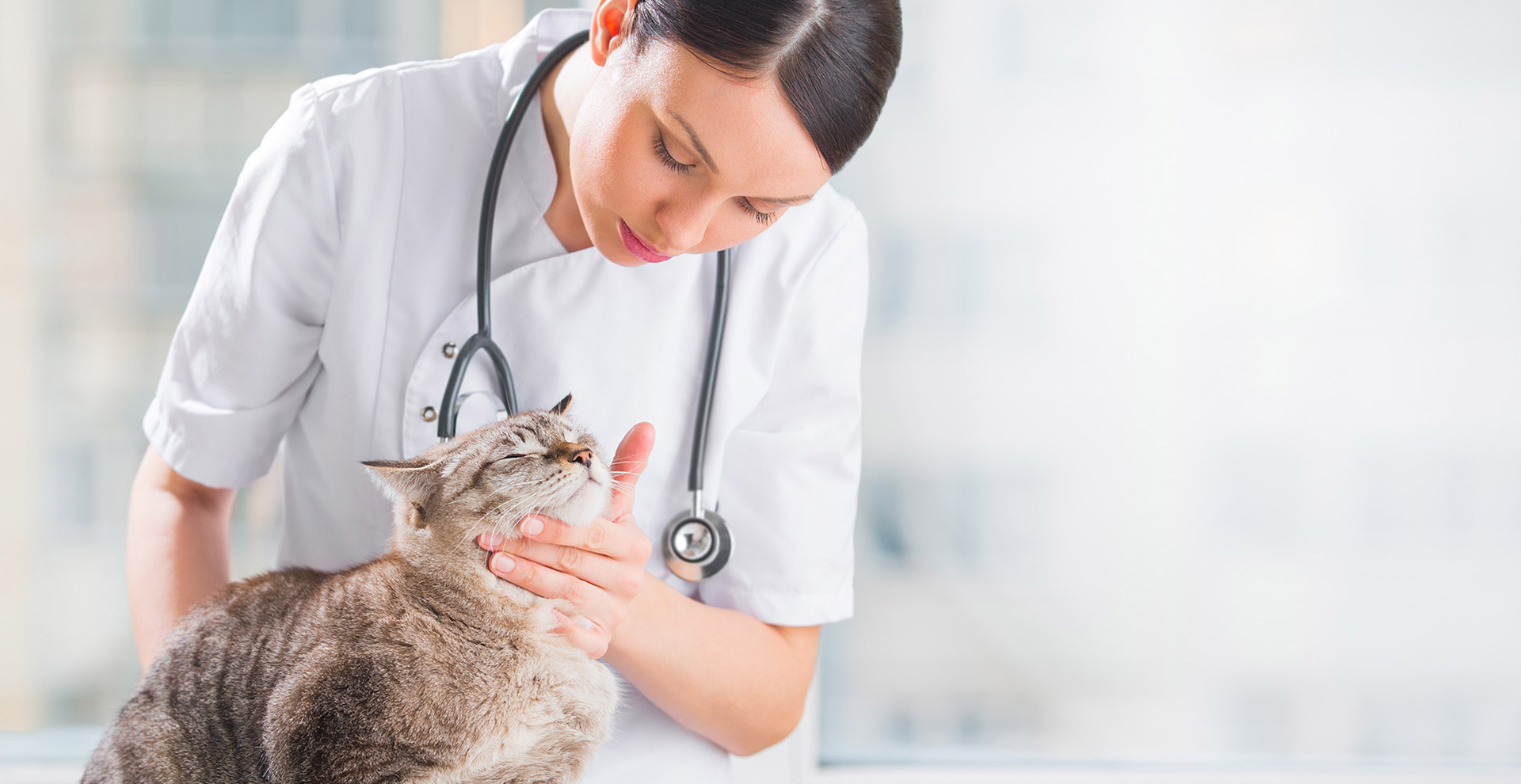Bird Flu and Cats
Dr. Hillary Segl
Pet cats exposed to avian influenza, aka Bird Flu, have died in the US. In some cases the route of exposure was not confirmed, but known deaths are attributed to feeding raw milk and raw diets to pet cats.
Bird flu is technically highly pathogenic avian influenza (HPAI) H5N1. It is found in wild birds including starlings and house sparrows, plus all kinds of ducks, geese, chickens and other domestic fowl. This virus has been traced to infected cows at beef and dairy farms, and from there into the food chain via raw meat and raw milk.
Other species can be affected by H5N1 including ferrets, seals, possums, skunks and in one case, a polar bear. Many people saw the article about a big cat refuge in the American northwest where a large number of animals died of this disease. Researchers at Iowa State University typed out the virus from several different kinds of animals and confirmed that genetically this is all the same virus.
Cats infected with this virus show signs of lethargy, low appetite, fever, respiratory signs, and sometimes seizures. They need to be seen by medical professionals immediately for proper diagnosis and treatment. Any cat exposed to raw milk or meat products, or who is allowed outdoors (or escapes) can be put at risk. NO RAW DIET is safe- the only means of killing this virus is pasteurization or high heat cooking. Freezing and drying will not kill the virus. H5N1 has been found in poultry and cattle all over the world so any raw food source is a risk. Cats have not been demonstrated to pass the virus to humans. Documented cases of bird flu in people are usually found in people working with poultry or cattle.
Early work on a vaccine is being done, but not in the US. The only resource we have to protect our pets is to avoid feeding raw foods and keeping the animals indoors. Moving bird feeders well away from the home, and discouraging possums, skunks etc from coming up to the home is also good.
Use common sense and check reliable sources for information about this as it evolves. Given the current situation the federal government is *not* the source of choice: universities with vet schools or medical schools, or places like the Mayo Clinic, may be better. Social media is not good, opinions are NOT facts.
One reliable place for pet information is www.wormsandgermsblog.com written by Dr Scott Weese, a veterinary specialist.
